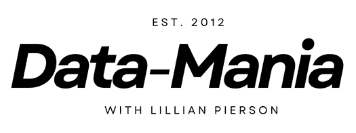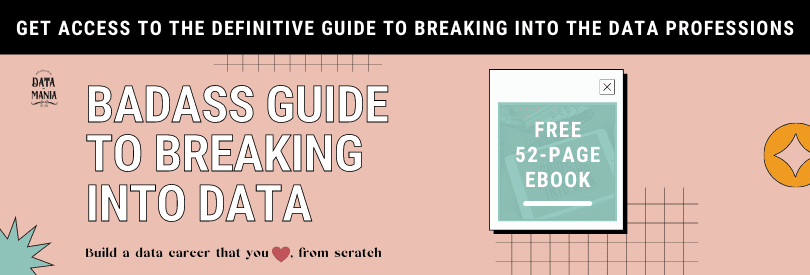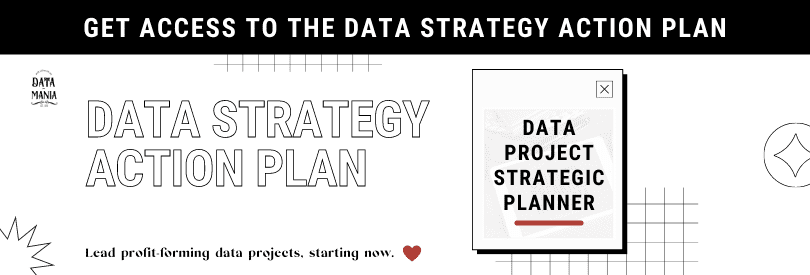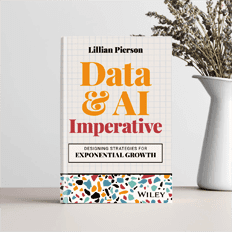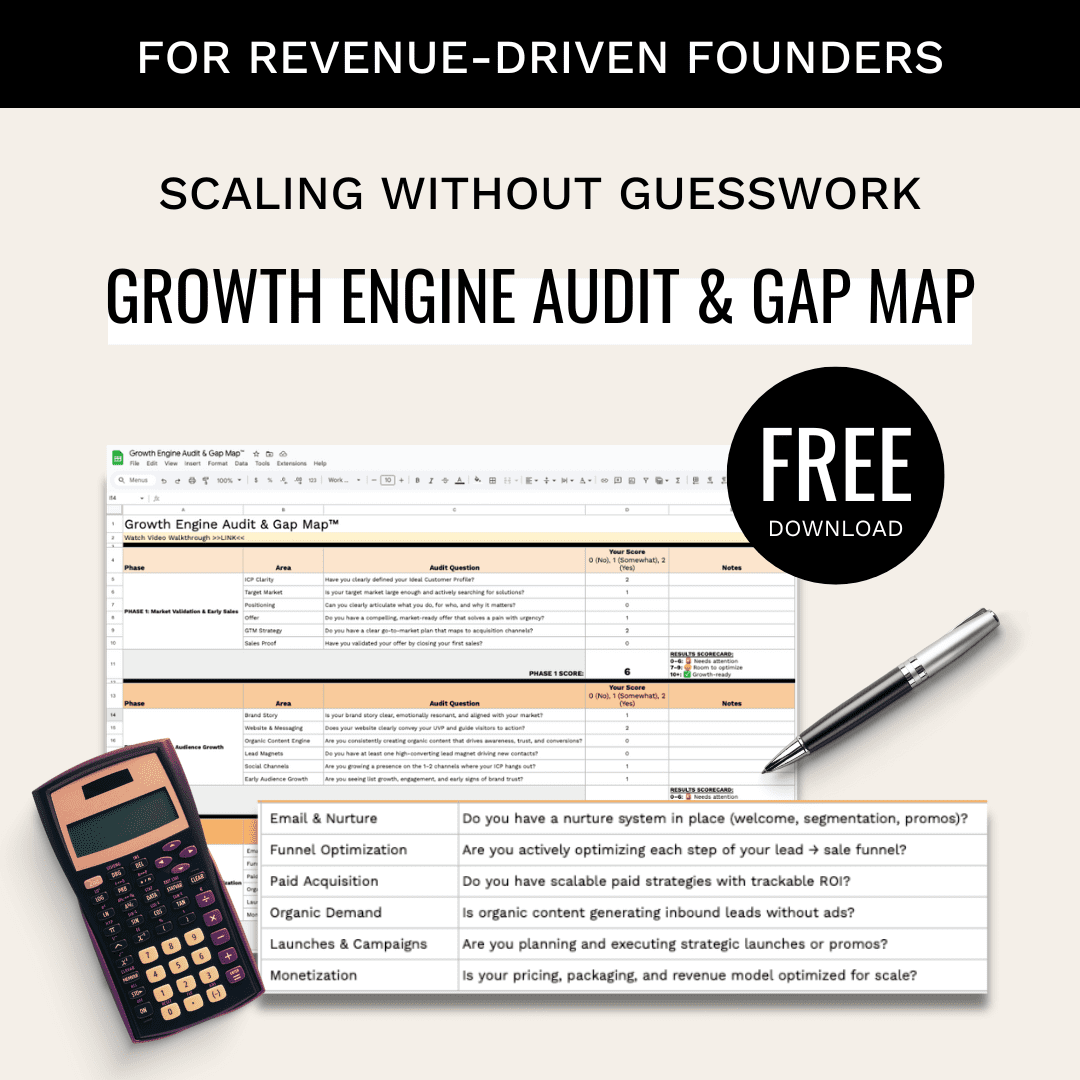Organizations constantly gather and store personal data, and this has far-reaching implications on the lives of individuals and communities. For this reason, governments and industries have enacted data privacy regulations and standards – the most well-known are GDPR in the EU, HIPAA in the US, CCPA in California, PCI DSS, and SOX which impacts US financial institutions. This article reviews these five data compliance standards and tips on how to implement them in your organization.

What Is Data Compliance?
Organizations need to handle and secure sensitive data like customer credit card details, and employee home addresses. Data privacy laws and regulations ensure that an organization is capable of protecting this data against breach. There are different types of data security regulations at national, regional, and global levels. Organizations that do not comply with these regulations can face fines, legal exposure, and reputation damage.
Data compliance means creating policies and workflows for data security and protection, in line with applicable laws. Organizations not only need to put these policies in place, but must also demonstrate to auditors and relevant authorities that their controls are effective and that they have not been compromised. Many compliance standards require organizations to report security breaches, and this typically triggers a more in-depth audit of their security measures.
Common Data Compliance Standards
The following data compliance standards can help you create policies for data security and protection.
GDPR
The General Data Protection Regulation (GDPR) was introduced in 2018. It outlines a variety of rules about the personal information companies can collect, how companies can process the data, and how they must report data breaches.
GDPR is not limited to companies based in Europe. International companies that operate in Europe are also required to abide by GDPR laws. The majority of rules can be described by three basic principles—reducing the amount of data held, obtaining consent, and safeguarding the rights of the data subjects.
HIPAA
The Health Insurance Portability and Accountability Act (HIPAA) states how US medical and healthcare organizations must ensure the safety and confidentiality of patient records.
HIPAA requires all electronic health records to be encrypted and have strict access controls. You can access these records only if you have a valid reason to view them. The standards also apply to sharing records. Therefore, you have to monitor, protect and control activities like emails and file transfers.
PCI DSS
The Payment Card Industry Data Security Standard (PCI DSS) is an essential aspect of the compliance process for any company that handles customer financial data. PCI DSS compliance outlines how companies should protect and handle sensitive data like payment card numbers.
PCI DSS is an industry-mandated set of standards, not a government-imposed law. However, companies that do not comply with this standard may face heavy fines. Moreover, banks may terminate with non-compliant companies, making it impossible to accept credit card payments.
The steps businesses must take to protect payment information depend on the number of transactions they process. Companies with a big customer base will face much stricter requirements than small companies. Ultimately, PCI DSS requires businesses of all sizes to guarantee a minimum level of security.
CCPA
The California Consumer Privacy (CCPA) act was passed in 2018 and came into effect in January 2020. It covers a broader scope than the GDPR in terms of protecting private data. Consumers can view any information about them that companies have saved. They can also request a full list of the third parties who have received their information. CCPA also enables consumers to take legal action if a company violates these privacy policies, even if the violation does not result in a data breach.
CCPA compliance applies only to businesses with a gross annual revenue of over $25 million, that derive at least 50% of their revenue from the sale of personal customer information, or that receive, buy, or sell the personal data of at least 50,000 consumers.
SOX
The Sarbanes-Oxley (SOX) act is aimed at protecting companies and the general public from fraudulent activities and accounting errors in organizations. In addition, the act improves the accuracy of company reports and disclosures by setting deadlines for complying with the SOX rules.
The SOX standard makes sure that IT departments automate financial reporting and set up alerts on events that require closer attention. These alerts enable CEOs and CFOs to receive real-time reports on their companies’ financials.
IT teams are also responsible for properly retaining all financial records. Therefore, IT departments have to periodically backup any sensitive documents and data management systems to remain compliant with SOX regulations. They must also ensure they maintain full visibility into all digital systems in the company to make this more effective.
Top 4 Data Compliance Tips
 Consider the following tips when you are planning to implement one of the data compliance standards mentioned above.
Consider the following tips when you are planning to implement one of the data compliance standards mentioned above.
1. Train your staff
According to GDPR, employees must receive periodic security awareness training. This training ensures that your staff is informed about the regulations, company policies, and any legal requirements affecting their everyday role.
Organizations must prove that all staff are familiar with and understand the GDPR policies. Organizations need to provide evidence that they incorporate privacy and security into their daily business operations.
2. Create an incident response plan
Organizations subject to the GDPR must report on any breaches of personal data to the relevant authorities within 72 hours of identifying the incident (many other data privacy laws have similar requirements). Therefore, organizations must have a robust incident response plan in place to quickly respond to any incident.
The incident response plan should describe the steps you have to take in case of an event. An organization should define who is responsible for making decisions and managing the incident. An incident response plan can help inform staff, reduce the potential financial impacts of a major breach, enhance organizational structures, and improve relationships with customers and stakeholders.
3. Implement effective data compliance policy management
Traditional methods of corporate communication like emails make compliance impossible. A policy management system, on the other hand, is a simpler, centralized solution for creating, distributing, and storing important data policy documents.
A dedicated management system can effectively address the areas presenting the highest risk in terms of data security. It can also streamline internal security processes and help companies demonstrate their compliance with legal requirements. In addition, an effective policy management system can provide a consistent method for policy creation, add structure to corporate procedures, and simplify compliance monitoring.
4. Defend all access points
Organizations must ensure that all endpoints are adequately protected to achieve data compliance. However, unpatched systems are responsible for many data breaches. Patches and updates are essential to the discovery of new vulnerabilities. Attackers can exploit new vulnerabilities to break into an unpatched system.
Organizations need to show they are doing everything they can to secure their systems in order to demonstrate compliance with regulations. Organizations have to document every patch they implement because auditors may demand reports of applied patches. Patches keep your systems up to date, safe, and stable.
Conclusion
In today’s world, data compliance and security are essential for survival. The widespread regulations of compliance standards across the world enables businesses to review their security posture and implement effective strategies that will protect their companies from data breaches, and avoid fines for noncompliance with data privacy regulation.
Hey! If you liked this post, I’d really appreciate it if you’d share the love by clicking one of the share buttons below!
